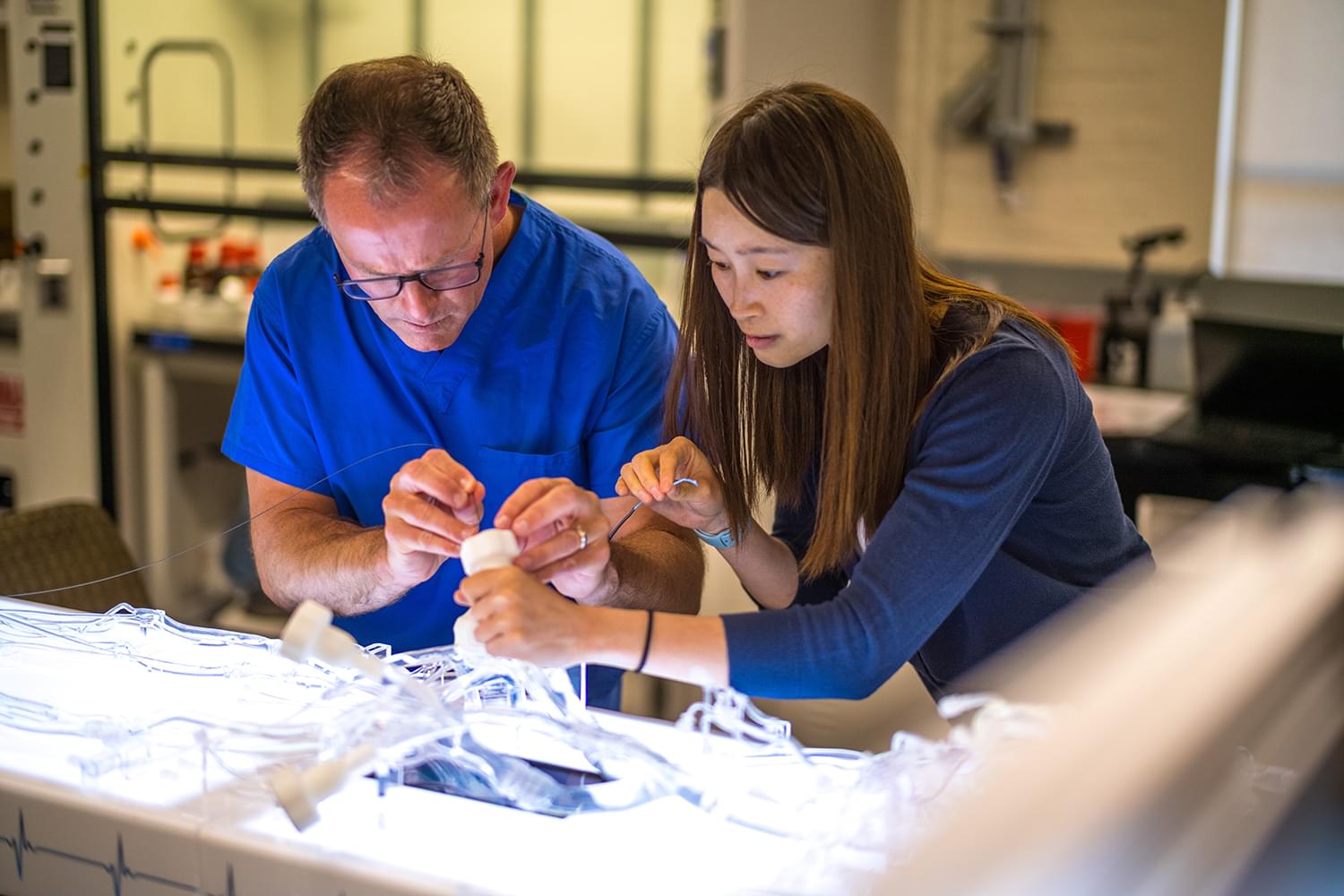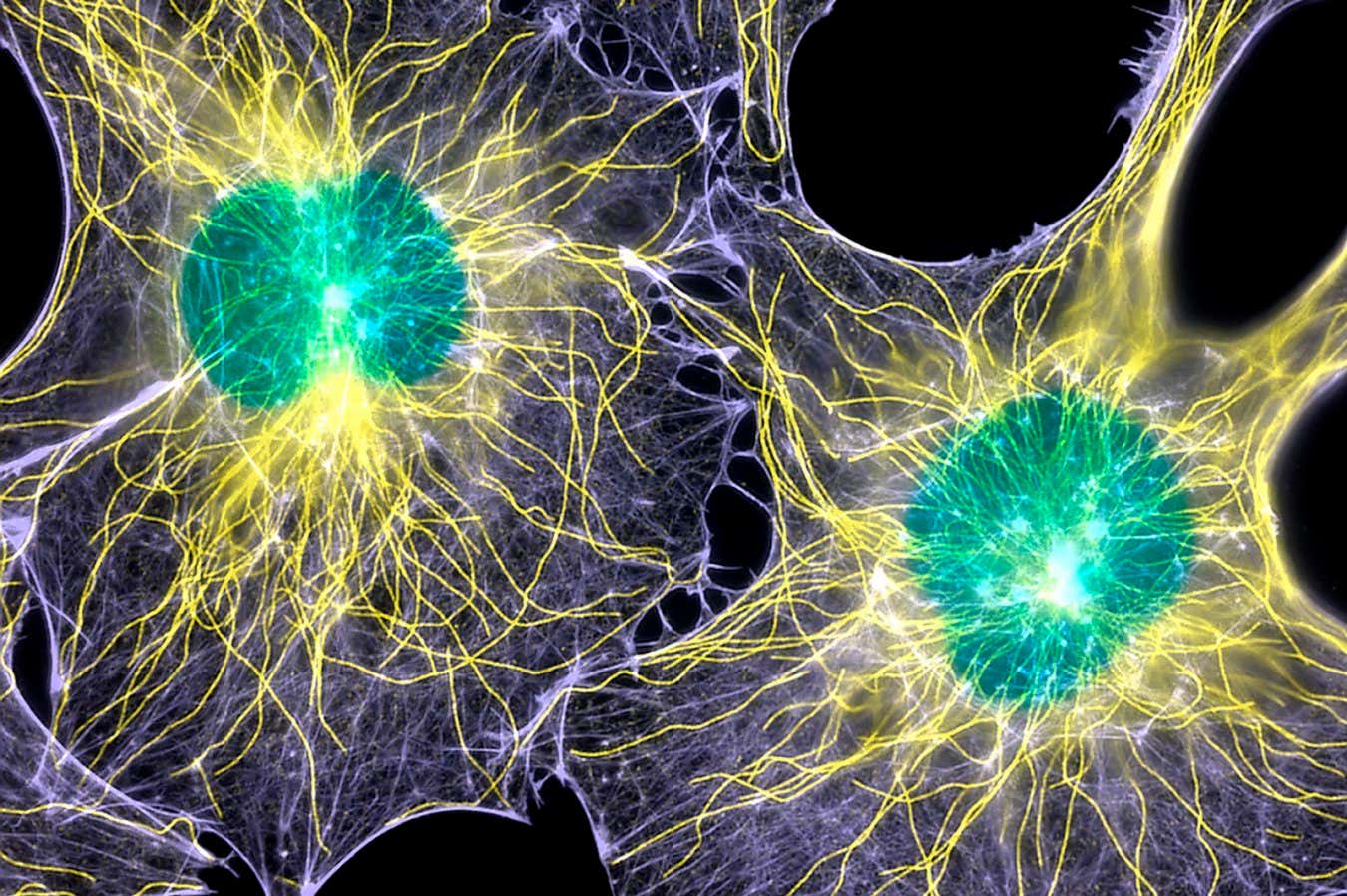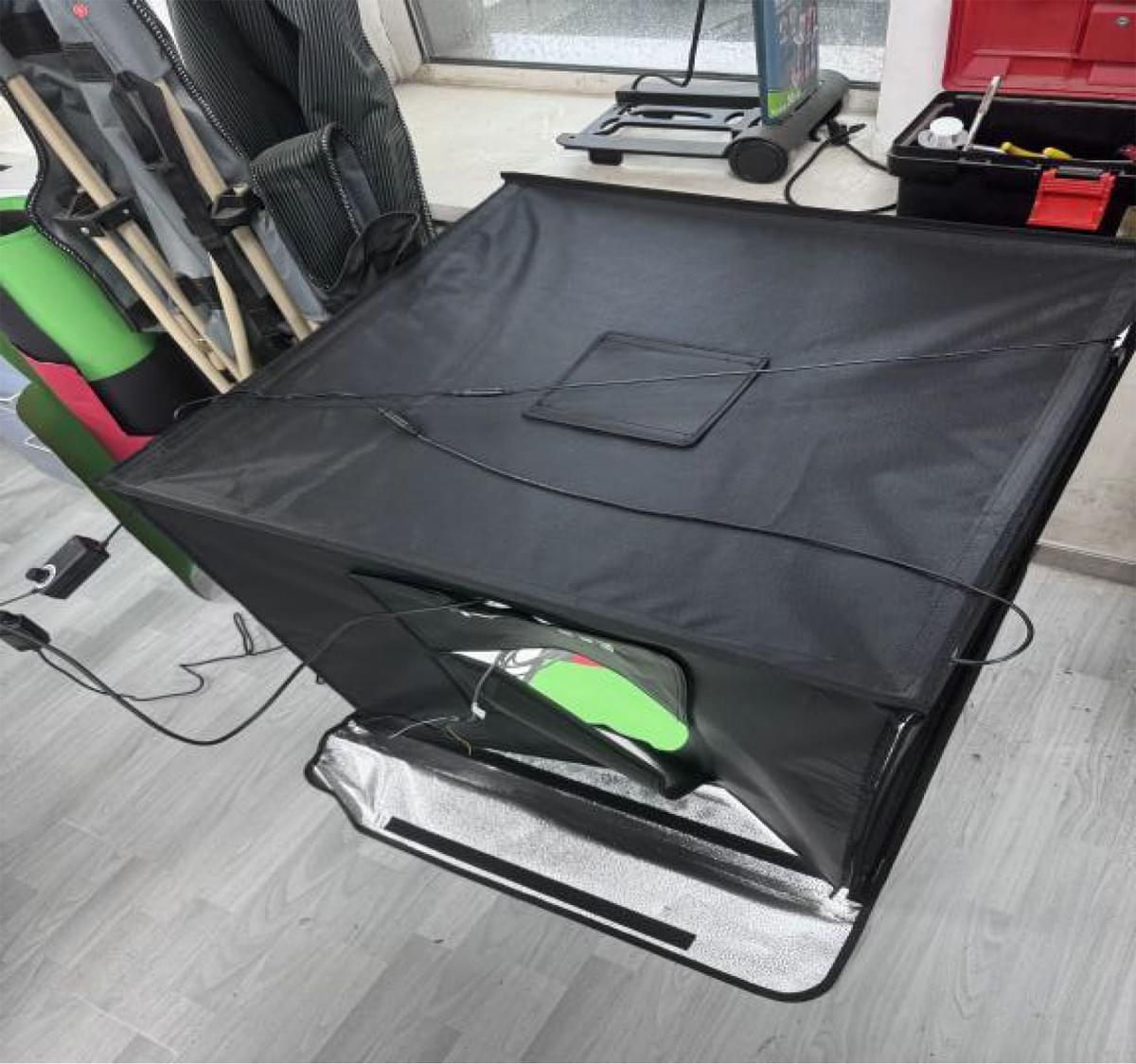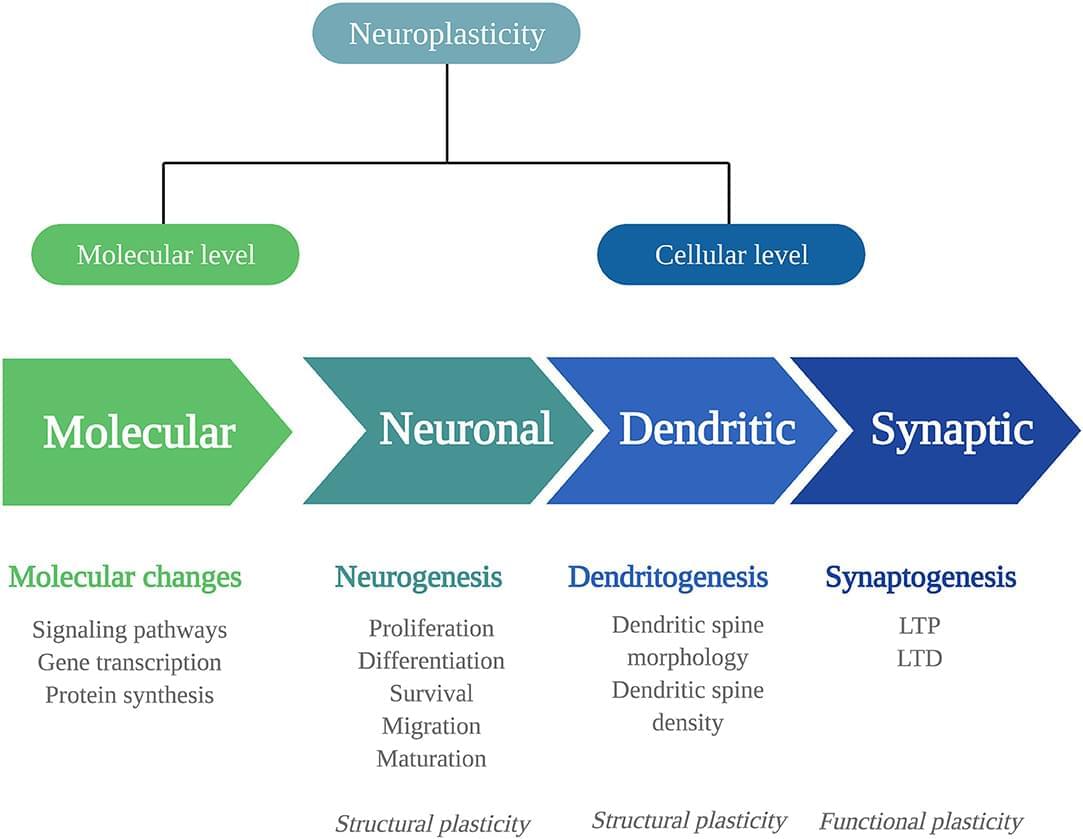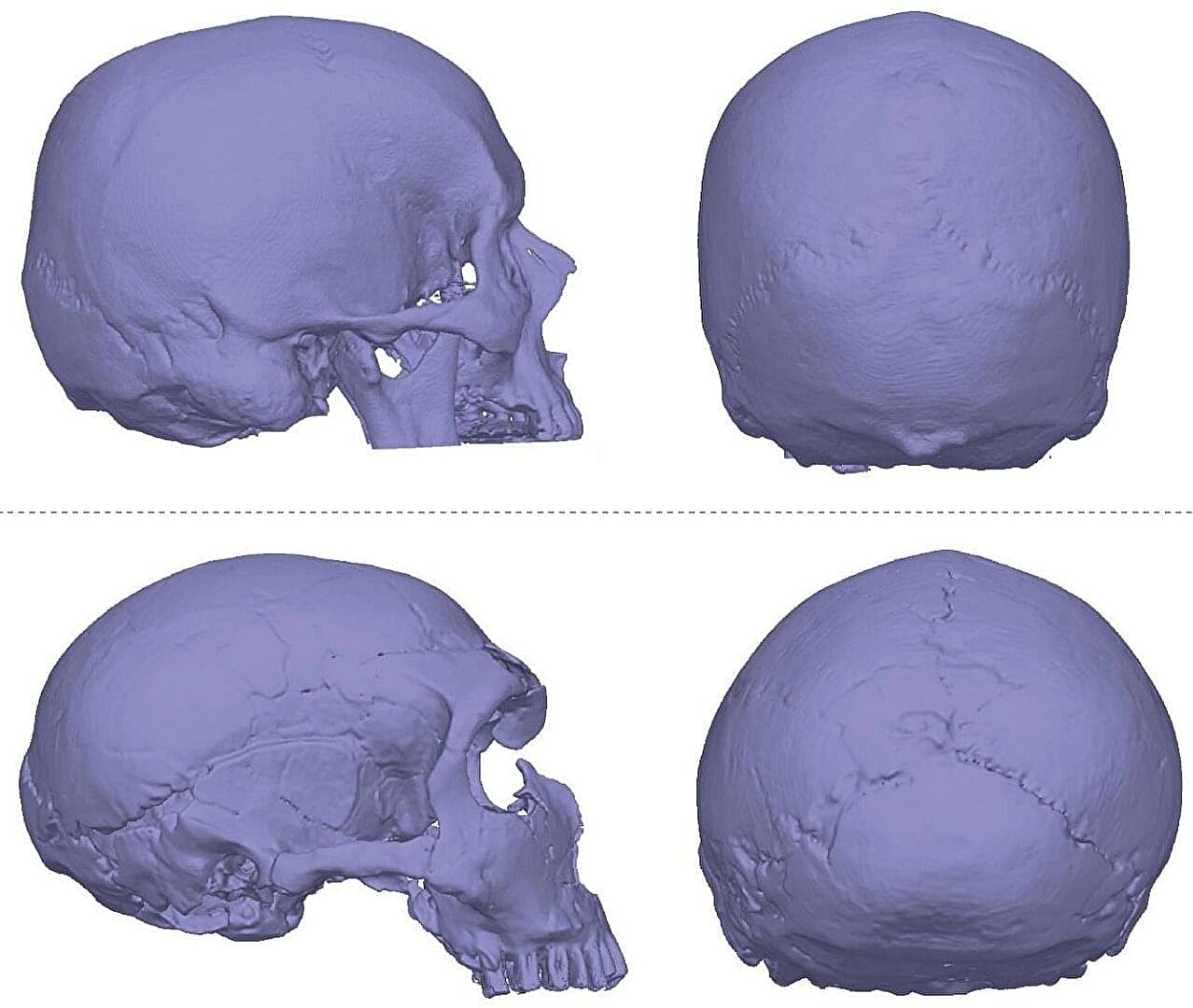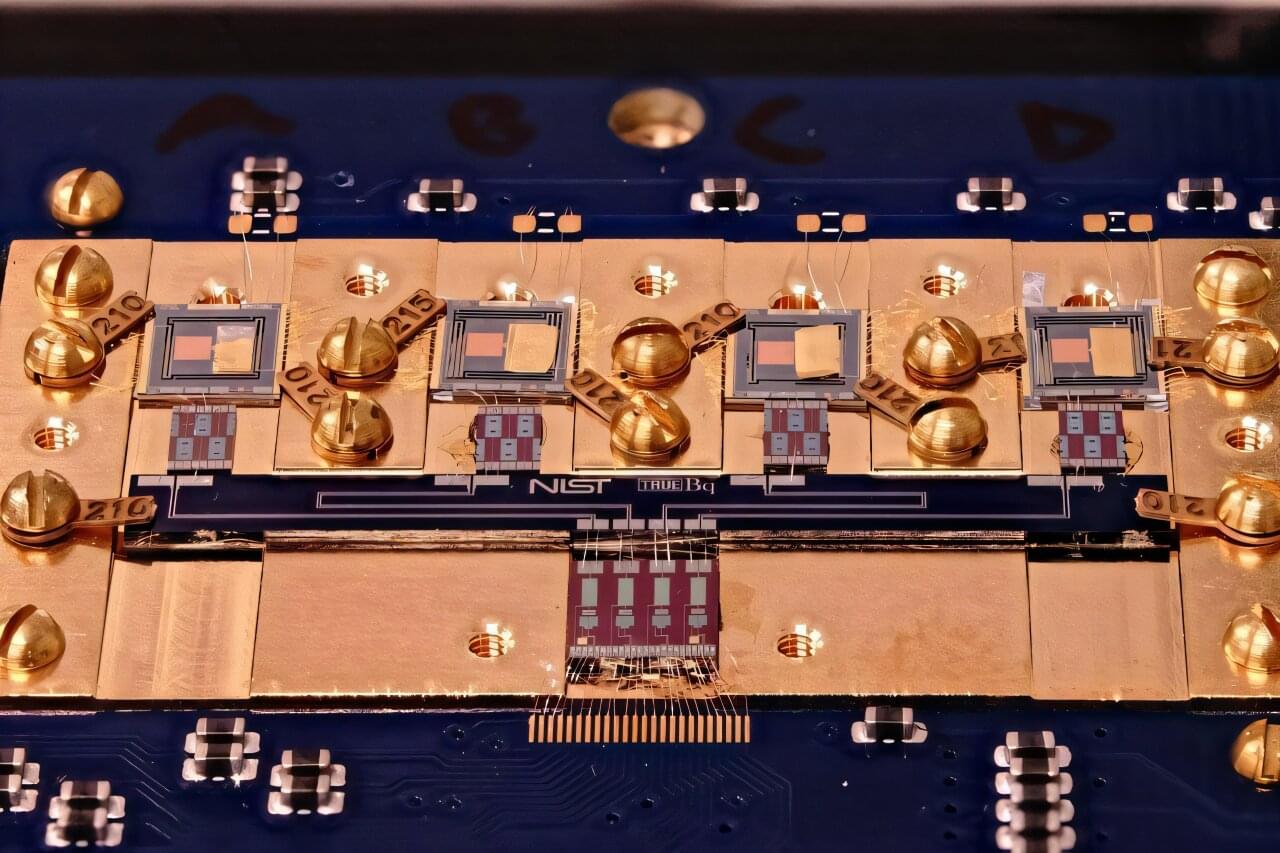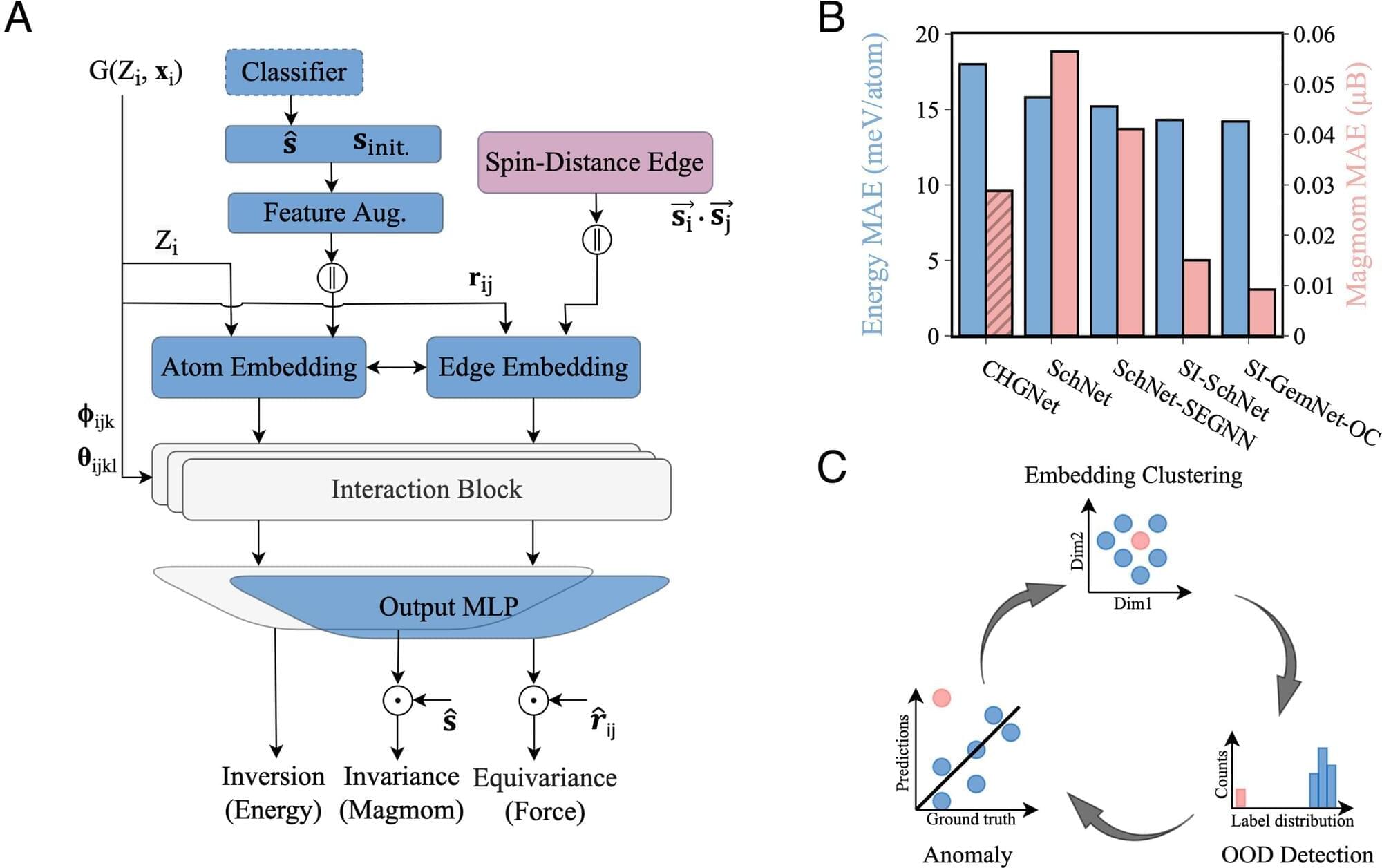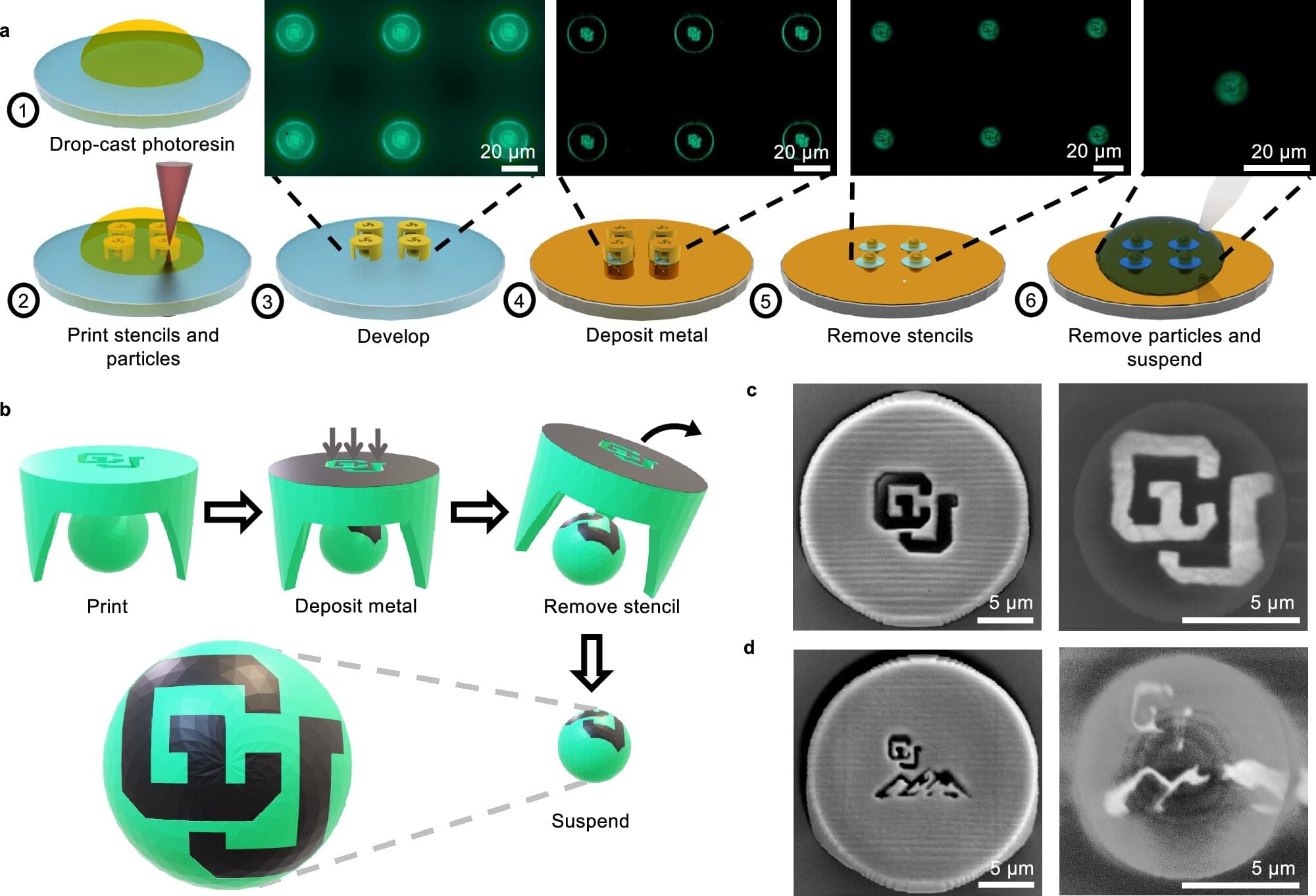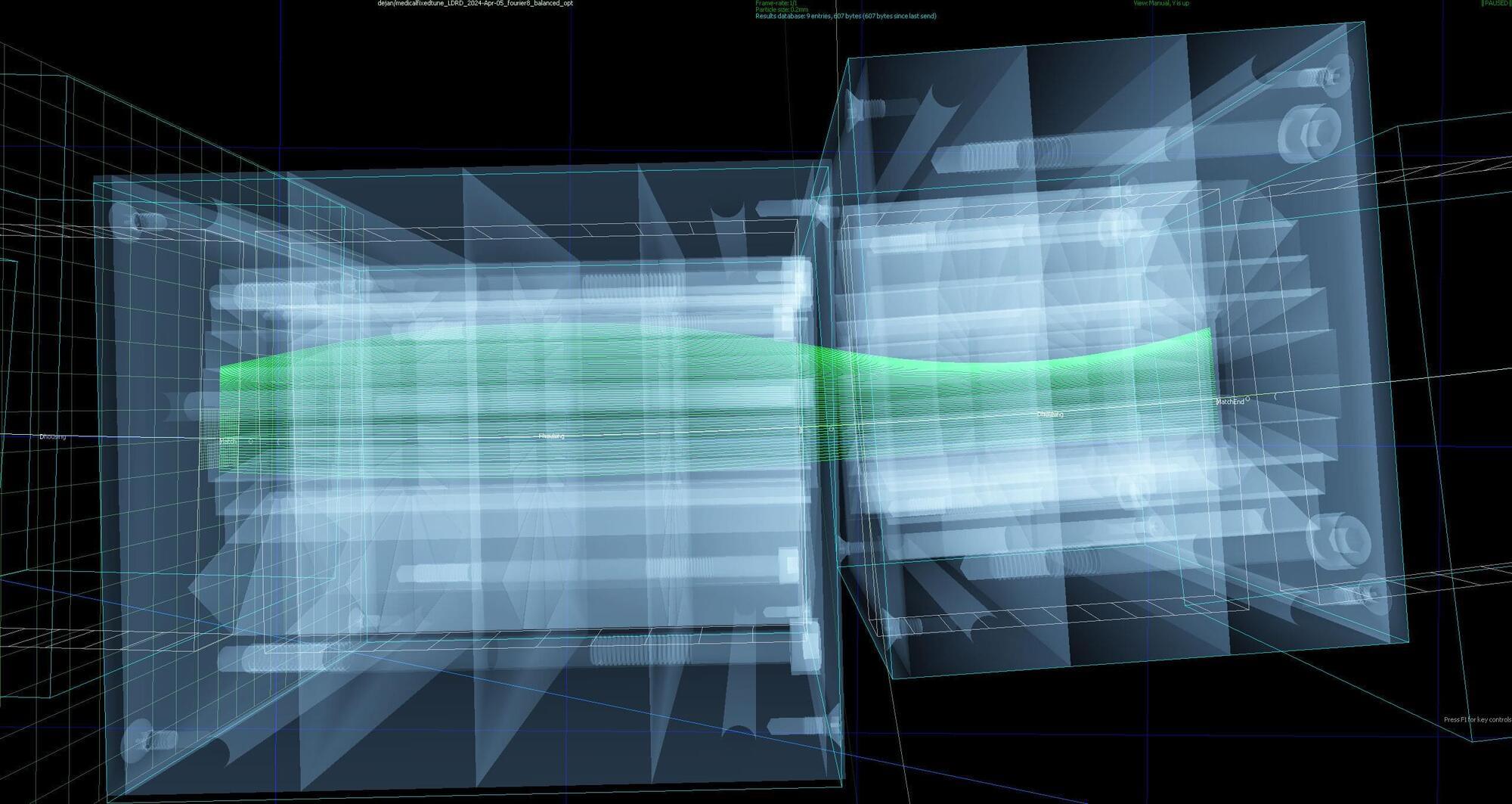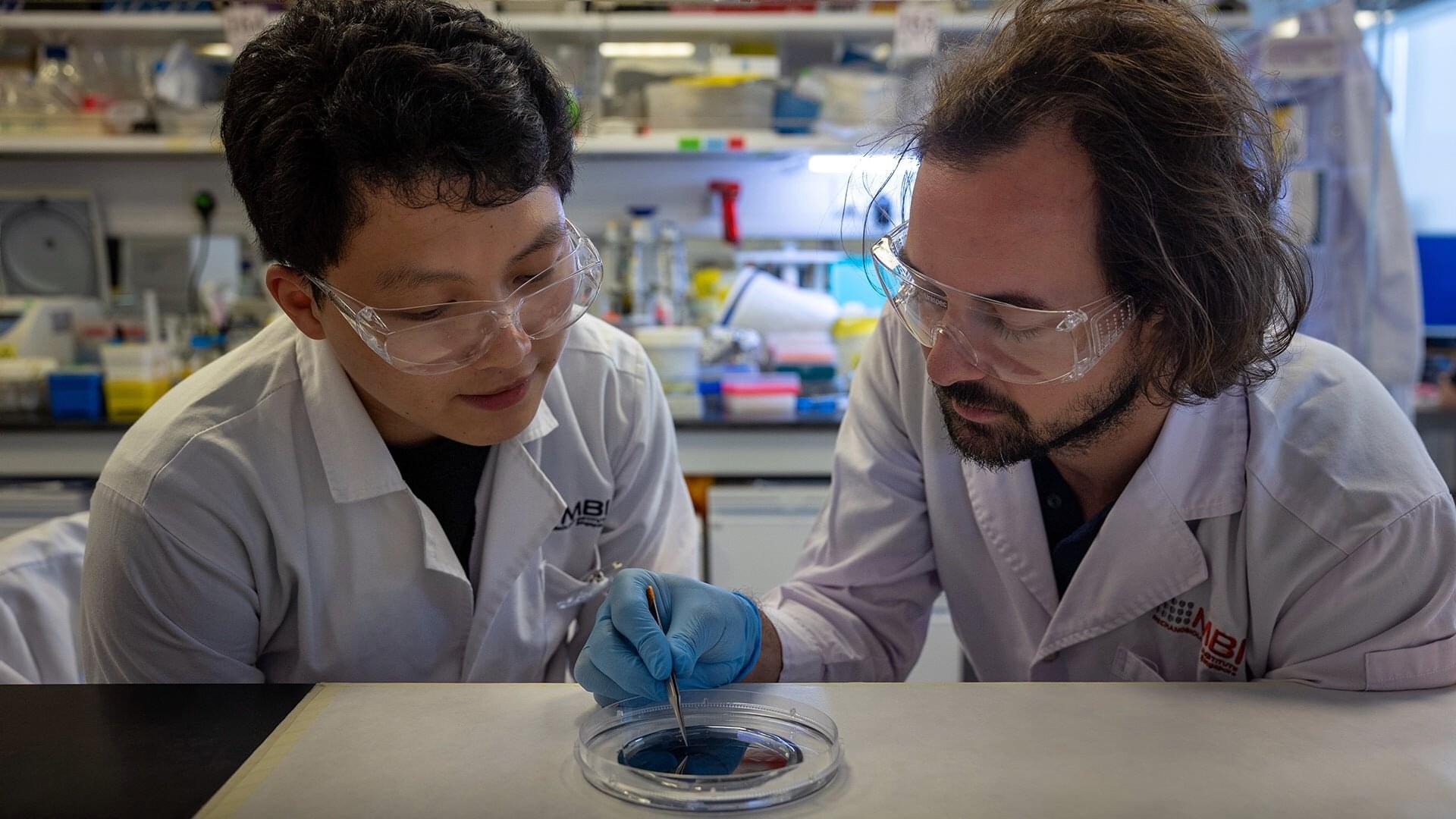Researchers at the University of Colorado Boulder have created a new way to build and control tiny particles that can move and work like microscopic robots, offering a powerful tool with applications in biomedical and environmental research.
The study, published in Nature Communications, describes a new method of fabrication that combines high-precision 3D printing, called two-photon lithography, with a microstenciling technique. The team prints both the particle and its stencil together, then deposits a thin layer of metal—such as gold, platinum or cobalt—through the stencil’s openings. When the stencil is removed, a metal patch remains on the particle.
The particles, invisible to the naked eye, can be made in almost any shape and patterned with surface patches as small as 0.2 microns—more than 500 times thinner than a human hair. The metal patches guide how the particles move when exposed to electric or magnetic fields, or chemical gradients.
